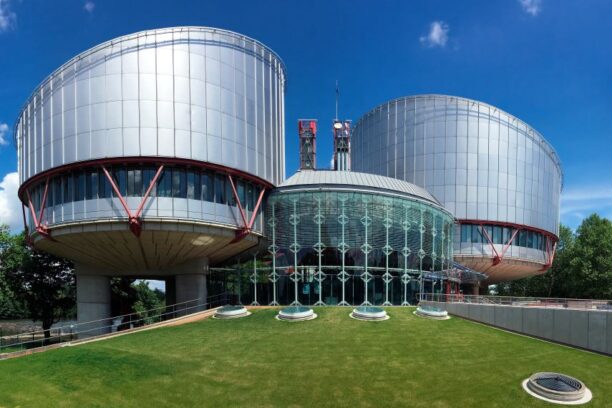Greenwashing litigation has been on the rise for years and is a major contributor to rising climate and ESG cases globally. However, a recent study from RepRisk finds that the number of these lawsuits declined for the first time in six years. The authors note that while the overall number of greenwashing cases has fallen, the number of “high-risk cases” is growing. RepRisk describes this trend stating:
“Compared to RepRisk’s 2023 data, the severity of cases associated with greenwashing has surged by 30% year-over-year (YOY). RepRisk determines severity as a function of three dimensions: the consequences of the risk incident; the extent of its impact; and the degree to which the incident was intentional and systematic. Greenwashing incidents with high severity ratings usually display purposeful and systematic actions to conceal ESG violations resulting in material consequences for the environment, such as heavy pollution, and/or for the company, such as fines.”
These findings are interesting and suggest that companies may be adapting to new regulatory standards, with compliance driving a downturn in overall cases. At the same time, companies not taking greenwashing seriously are facing larger penalties. Additionally, repeat offenses are up, indicating that prior enforcement is not deterring subsequent infractions. Some serial offenders may find it more profitable to greenwash and pay potential fines or judgments than to comply with applicable laws and regulations. If this is the case, then lawmakers and regulators may need to rethink greenwashing penalties to further deter unlawful actions.
Our members can learn more about greenwashing here.
If you aren’t already subscribed to our complimentary ESG blog, sign up here for daily updates delivered right to you.










